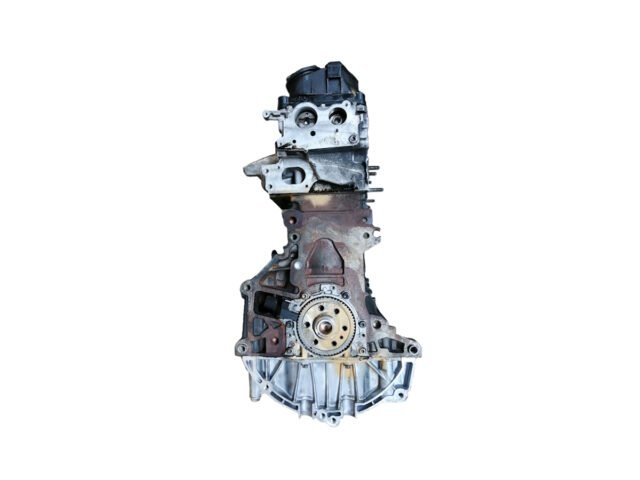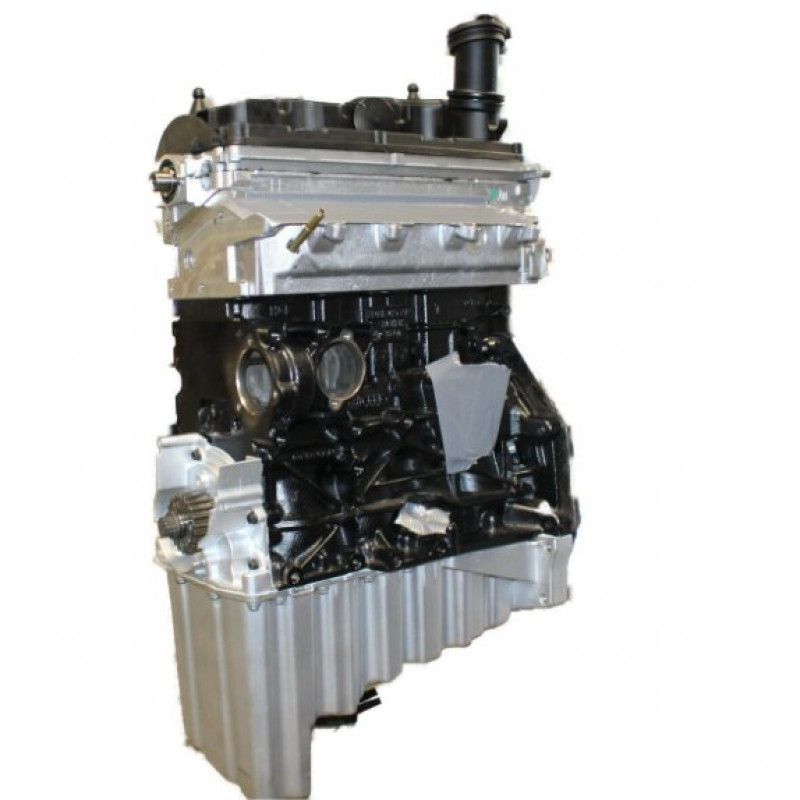Top Quality Amarok Engine for Sale-- Check Out Our Unique Variety and Offers
Navigating the Refine of Engine Option: Key Variables to Think About
The procedure of engine choice is a diverse endeavor that demands cautious assessment of a number of important factors to make certain positioning with operational goals. Efficiency demands, fuel performance, and financial restrictions are simply the beginning; factors to consider around environmental impact and upkeep support play a crucial role in the decision-making structure. Recognizing how each of these aspects interacts can dramatically affect the efficiency and longevity of your investment. Nevertheless, the complexities of each element might not be quickly noticeable, triggering further examination of how to purposefully navigate this complex landscape.
Efficiency Requirements
When picking an engine, it is crucial to establish clear efficiency requirements that line up with the intended application. Performance demands encompass a series of factors, consisting of power output, torque characteristics, and responsiveness, which should be customized to the specific needs of the vehicle or machinery in question.
Power outcome, normally gauged in horsepower, figures out the engine's ability to move a vehicle or execute a task effectively. Torque, on the various other hand, is essential for applications calling for strong preliminary acceleration or heavy lifting abilities. An understanding of the functional atmosphere is additionally vital; for example, engines developed for off-road applications may require various efficiency characteristics compared to those planned for highway use.
Additionally, think about the functional load and task cycle, as these elements affect the engine's longevity and reliability. In high-load situations, a robust engine layout might be needed to avoid early wear or failure. In addition, performance demands should additionally incorporate considerations for emission criteria and regulative compliance, particularly in areas with rigid ecological policies. By specifying these efficiency specifications early in the choice procedure, stakeholders can make informed decisions that improve overall operational efficiency and performance.
Fuel Efficiency Considerations
While efficiency demands are crucial, gas performance is equally important in the engine selection process, as it directly influences operating prices and ecological sustainability. Fuel-efficient engines take in much less gas per system of work executed, which not only decreases overall expenditure yet likewise lessens greenhouse gas discharges. As companies progressively focus on sustainability, picking an engine that optimizes gas performance can improve company obligation and compliance with environmental regulations.
When examining fuel effectiveness, it is important to consider the engine's layout and innovation - amarok engine for sale. Technologies such as turbocharging, straight fuel injection, and hybrid systems can substantially improve gas economy. In addition, understanding the operating conditions and responsibility cycles of the engine application is crucial; engines might carry out in a different way under differing rates and tons
Moreover, producers usually supply gas intake information that can be utilized to compare various engine choices. It is advisable to analyze these specs in real-world circumstances to guarantee precision. Lastly, the sort of gas made use of can additionally influence gas performance; alternate gas might supply better efficiency and reduced emissions. In recap, gas effectiveness is a multi-faceted factor to consider that needs detailed assessment during the engine choice procedure.
Budget and Price Analysis
Budget plan and cost evaluation offers as an important component in the engine option process, influencing both short-term investments and lasting operational costs. When reviewing potential engines, it is necessary to consider not just the first acquisition price yet additionally the total cost of possession, which incorporates setup, maintenance, fuel intake, and potential downtime.
A complete evaluation needs to start with the upfront prices associated with the engine, consisting of required modifications or secondary equipment. Focusing only on preliminary expenses might lead to illinformed choices. Examining operating prices over the engine's lifespan is just as essential, as much more costly engines may provide exceptional fuel performance or reduced upkeep demands, eventually causing cost savings.

Environmental Impact Variables
Recognizing ecological influence factors is crucial in the engine selection procedure, as sustainability considerations have actually become increasingly crucial for both regulatory conformity and business responsibility. Organizations must examine the emissions generated by different engine kinds, consisting of co2, nitrogen oxides, particulate matter, and unburned hydrocarbons. These exhausts add significantly to air contamination and climate adjustment, requiring a cautious analysis of the engine's environmental impact.
In addition, gas kind plays an important function in ecological impact. Engines powered by renewable power sources, such as biofuels or hydrogen, tend to have a lower environmental effect contrasted to standard nonrenewable fuel sources. Additionally, the lifecycle analysis of the engine, from production with operation to disposal, should be taken into consideration to comprehend the full extent of its ecological effects.

Maintenance and Assistance Alternatives
When choosing an engine, the schedule of maintenance and assistance alternatives is a crucial consideration that can considerably impact operational effectiveness and longevity. Comprehensive maintenance plans make certain that the engine runs at peak performance and reduces unexpected downtimes. It is necessary to assess the producer's assistance network, including the accessibility of certified service technicians and service centers.
Analyzing the availability of extra components is additionally crucial. A reputable supply chain for elements can minimize lead times for repair work and upkeep, consequently improving general productivity. Furthermore, think about the convenience of obtaining technical documentation and training sources, which are important wikipedia reference for ensuring that workers are well-appointed to manage routine and emergency situation circumstances.
An additional important element is the guarantee and solution contracts used by the maker. Inevitably, a proactive technique to maintenance and assistance not only extends the life of the engine however likewise contributes to the total success of the operation.
Verdict
To conclude, the process of engine option requires an extensive assessment of different critical elements, consisting of performance demands, gas performance, budget plan restraints, environmental effect, and upkeep assistance. By thoroughly evaluating these aspects, notified choices can be made that straighten with operational objectives and sustainability goals. Eventually, a tactical approach to engine choice will certainly guarantee optimal efficiency and long life while addressing environmental and monetary factors to consider properly.
While efficiency needs are essential, gas performance is equally important in the engine selection process, as it directly influences operating expenses and environmental sustainability. As organizations significantly prioritize sustainability, choosing an engine that maximizes fuel efficiency can enhance corporate responsibility and conformity with environmental regulations.
Additionally, comprehending the operating problems and duty cycles of the engine application is important; engines may execute in different ways under differing rates and loads. (amarok engine for sale)
Reviewing operating expenses view publisher site over the engine's life expectancy is similarly important, as more costly engines could provide exceptional gas performance or decreased upkeep needs, ultimately leading to cost savings.
In final thought, the process of engine choice necessitates a comprehensive examination of various critical factors, including efficiency needs, gas efficiency, budget plan restraints, environmental influence, and maintenance assistance. - amarok engine for sale